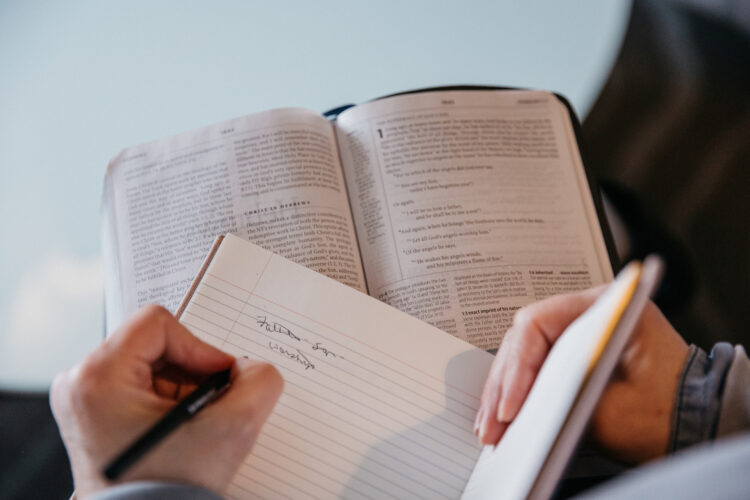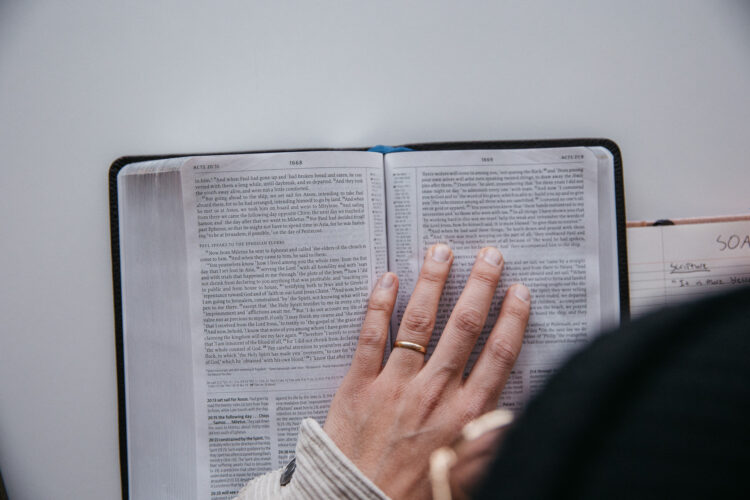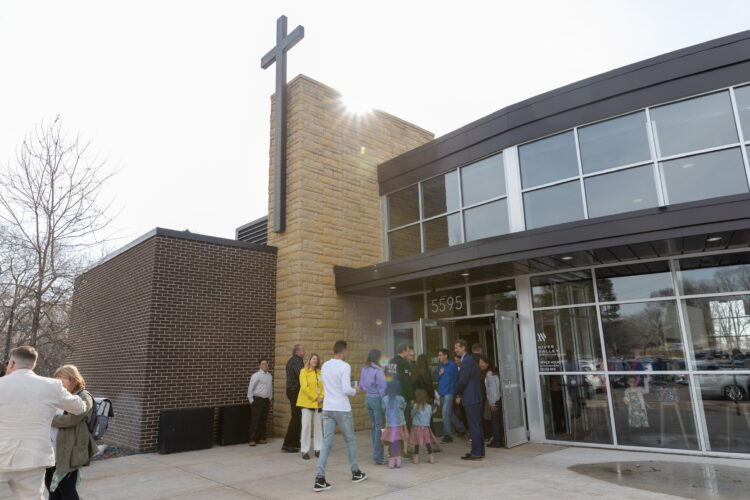Why do bad things happen? Are we really good people? Why do unfair things happen?
These questions encircle and point towards a fundamental inquiry that has perplexed philosophers and theologians from every culture and age of human history, known as the “problem of evil.” Essentially, the problem of evil asks, “If God exists and is all-good, all-powerful, and all-knowing, then how can evil still exist?” At the root of this epistemic question is a desire to reconcile four apparently paradoxical beliefs:
- That God’s will and His very nature are in fundamental contrast with and opposition to evil (not-good)
- That He knows and sees every evil thing that happens in the physical world and in human interactions,
- That He has the power to make evil circumstances good and right…
- And yet, evil still exists in human nature, intentions, and actions, and also uncontrollably in our natural environment (e.g. natural disasters).
The problem of evil deeply troubles us because, one way or another, it seems like God is not “being God”…or at least not the perfectly good, omniscient (all-knowing), omnipotent (all-powerful), and omnipresent (everywhere, unlimited by time and space) God we started out believing Him to be. Among these beliefs about who God is, what He can do, and what He wants and wills to happen, often His perfect goodness is the most difficult principle for us to hold alongside full acknowledgment of the pain and brokenness in our world. If He can, in an instant and with a single word, eliminate every agent working against His good purposes, and set all things right, why doesn’t He?
The problem of evil is also significant because it is universal and personal. Far more than just an abstract philosophical discussion, this question touches our every waking day to some degree, and shakes every person to their core at least once in their lifetime. From childhood onward, we all daily experience injustices and pain as the consequences of not just our own self-centered misdeeds, but others’ wrongdoing towards us. With age and maturity, we develop resilience and forgiveness to emotionally navigate and let go of small-scale impacts of chaos and injustice. Yet, there are bigger “why” questions that our natural minds and emotions can never really make sense of, release, or otherwise resolve. The unexpected and untimely death of a loved one, innocents experiencing violence and tragedy, or the havoc wrought by a natural disaster can all cause us to cry out in our heart of hearts: God, if You are good, then why did You let __ happen??
The author of Ecclesiastes processing his view of an unfair world wrote:
“The fastest runner doesn’t always win the race, and the strongest warrior doesn’t always win the battle. The wise sometimes go hungry, and the skillful are not necessarily wealthy. And those who are educated don’t always lead successful lives. It is all decided by chance, by being in the right place at the right time.”
Ecclesiastes 9:11, NLT
The wise author of Ecclesiastes describes these realities of life with a word that carries a range of meanings including “emptiness,” “futility,” “vanity,” “unsatisfactory,” “meaningless,” “transitory”–like a mere breath or vapor coming and going in directions you can’t control and in ways you can’t grasp.
In light of unresolved questions, unrighted wrongs, unrestored broken pieces, and unrelieved pains, what do we do? On what can we find our faith, and where can we put our trust? Can we still believe that God not only is, but is wholly good, totally powerful, and unconditionally loving?
No individual’s trajectory looks exactly like any others as we all must journey with these questions and with God–a journey that often feels like getting lost in a maze and trying to find one’s bearings again to navigate. We also may never see the “aerial view” of the maze, nor truly understand the seemingly chaotic and meaningless twists and turns of life on earth until we reach a restoration of God’s perfect order and design on the other side of eternity. However, as we listen to the psalmist, to the philosopher in Ecclesiastes, we are challenged and encouraged to reconsider our preconceptions of what “goodness” truly is, and in whom we can put our trust without fear of abandonment.
Yet I am always with you;
you hold me by my right hand.
You guide me with your counsel,
and afterward you will take me into glory.
Whom have I in heaven but you?
And earth has nothing I desire besides you.
My flesh and my heart may fail,
but God is the strength of my heart
and my portion forever.
Those who are far from you will perish;
you destroy all who are unfaithful to you.
But as for me, it is good to be near God.
I have made the Sovereign Lord my refuge;
I will tell of all your deeds.
Psalm 73:23-28, NIV
He has made everything beautiful in its time. He has also set eternity in the human heart, yet no one can fathom what God has done from beginning to end. (Ecclesiastes 3:11, NIV)
For a deeper dive into why bad things happen, check out our DiscipleU course here.










